The importance of risk analysis in real estate projects
Knowing how to measure investment risk is paramount in strengthening real estate projects, as it can serve as a starting point to make the appropriate decisions depending on the needs and possibilities of the company.
- DAY November 6, 2021
- COMMENTS
RELATED ITEMS
- All
- Real estate investments
- Cancun
- Real estate
- Real estate sector
What is the best time to travel to Mahahual?
Mahahual, on the Mayan Coast of the Mexican Caribbean, is one of those places that Read more
Find out which type of investment suits you best
Studio, apartment or penthouse? When investing in real estate in the Riviera Read more
Puerto Morelos: nature, value and residential lifestyle
Between Cancun and Playa del Carmen lies a small coastal paradise. Read more
The secret behind smart real estate investment
In real estate investment, there is one factor that outweighs design, the Read more
Pet-friendly properties
The new trend among travelers and buyers. The way to travel, invest Read more
How to generate passive income with a property on the beach
How to generate passive income with a property on the beach (without living) Read more
Investment Zones in Cancun
Cancun is more than just a sun and beach destination: it is a Read more
Branded Residences: high-end investment
The luxury real estate market in the Riviera Maya is evolving, and, Read more
Where to invest in Tulum?
Tulum has ceased to be an emerging destination and has become an important Read more
Off-grid projects: myth or reality in the Mayan jungle?
The idea of living disconnected from the traditional system, surrounded by nature and Read more
SUBSCRIBE TO OUR NEWSLETTER
In the real estate sector, projects always start from an optimistic perspective, otherwise they would never begin. The problem is that when this enthusiasm is wrapped up in reality and the financial operations with which the property was started are gradually displaced by the harsh truth. Every day, we hear of developments where one or more of the following problems occur:
- They do not achieve the projected sales because they do not have a defined market.
- Operating and construction costs exceed the initial budget.
- Its customers are about to file lawsuits for breach of contract.
In view of this, the question is, can the risk of failure in real estate projects be avoided? We believe so, as long as the origin of the problem is understood and the necessary actions are taken to correct it.
These risks in real estate projects are discussed in more detail below:


Why are sales of real estate projects not being achieved?
One of the reasons why the expected sales are not achieved is because the necessary time is not dedicated to study in detail who is the buyer persona or ideal client for the purchase of each property.
Investing in market research that understands the needs of customers, the lifestyle they want to achieve and their economic possibilities facilitates space design and sales, so we should never assume that we know it all!
On the other hand, all real estate projects are born from an Excel, where the costs of land, construction and operation are the ones that indicate the type of product to be designed. And the final sale price is usually determined by the competition in the area.
If you want to achieve better sales, it is necessary that there is a differentiator between your products and those of your competition, some developers choose to lower the price or place an extra plus.
How to control the costs of real estate projects?
When developing a project, planning and excellent supervision are the keys to success. A construction management that understands the process and has the technical know-how can successfully execute a high quality project without making mistakes that cost money and time.
I'll tell you an example, a developer expert in housing decided to change his line of business, he transformed himself and joined the hotel industry. He managed to sign a contract with a well-known U.S. hotel chain, bought a piece of land on the beach and hired an architect to design a project with 119 business level keys.
When the site was visited, it was concluded that the type of soil was not appropriate for the proposed foundation, since the land was acquired without a prior soil mechanics study. As a result, the excavation had to be 8 meters deeper and a ground improvement was necessary, which tripled the cost of the foundation; this could have been avoided if the necessary preliminary studies had been carried out.
Investing in construction management with experience in the type of development being built is critical to meeting the time and cost of the project concept.
After-sales is just as important as sales
One of the biggest mistakes most real estate developers make is thinking that once the house is delivered, their promise to clients ends.
If the sale of a property promises solutions to basic problems such as security, green areas, access, finished roads and guarantees against hidden defects, it is necessary to comply with them. Otherwise, our clients will be dissatisfied and will not want to buy or recommend us again. Failure to comply with the promises made to the client can cause irreparable problems.
The after-sales department determines the reputation of the real estate developer.
Do you want to know how successful your company is?
Ask your clients what their experience has been like living in one of your real estate projects. If you want to gain a good reputation and make your clients spokespersons for your brand, first listen to them and pay attention to their problems.
No matter how many developments and projects you have built over the years, you should never assume that your knowledge is enough to omit research, processes and hiring qualified personnel to execute your projects.
The only way to prevent the risk of sustained losses in your real estate developments is to dedicate time to planning together with internal or external professional teams. Only then will you be able to build a good reputation for your company, thus achieving capitalization, development and improvement.


Risks in real estate investment
The existence of real estate investment risks is a major threat to investors and companies.
Real estate risk analysis techniques are essential for all professionals who often deal with real estate investment decisions.
Before making a real estate investment, you should:
- Define risk as it applies to investment property.
- Determine risk mitigation strategies.
- Quantifying the risks of various real estate investments
- Apply risk analysis techniques and use risk models to determine the potential for achieving expected investment returns
Investing involves risks and returns; generally, the greater the risk, the greater the possibility of significant gains and losses of the invested capital. Intuitively, we understand that we must take on more investment risk to obtain a higher return. But how much risk is appropriate, and how can investment risk be quantified to determine if it is a real estate opportunity to take advantage of?
Real estate investing involves many risks, which should be considered along with the expected value of the investment. Having frameworks for real estate investors to quantify risk helps ensure that the investment matches their needs, objectives and tolerance.
Here are eight risk factors investors should consider when evaluating any real estate investment:
General market risk.
All markets have ups and downs related to the economy, interest rates, inflation or other market trends.
Asset level risk.
In real estate investment, there is always residential demand, so multifamily real estate is considered low risk, while hotels, with their short seasonal stays and reliance on business travel and tourism, present a much higher risk.
3. Idiosyncratic risk.
The higher the risk, the higher the return. Idiosyncratic risks are defined as asset-specific risks such as the business plan.
4. Liquidity risk.
Before investing in real estate you should consider the depth of the market and how you are going to exit the investment.
5. Credit risk.
The length and stability of the property's income stream is what generates value.
6. Replacement cost risk.
As the demand for downtown space increases, more is being built. However, maintenance costs for older properties are steadily rising, so these costs show that it is only a matter of time before deciding to rebuild or face increased maintenance risks.
7. Structural risk.
This has nothing to do with the structure of the building, it is about the financial structure of the investment and the rights it confers on individual participants.
8. Leverage risk.
The more debt on an investment, the more risk. Leverage is a force multiplier: it can move a project quickly and increase returns or conversely, investors can start losing money quickly. As a general rule, leverage should not exceed 75%.

In summary, real estate investors should inquire about these risks and receive straightforward answers to be more confident in their investment decisions. Beware of real estate investment opportunities that do not make clear all the risks involved.
If you fail to assess the risks of real estate projects from the beginning, you will end up wasting time, money and, above all, reputation.
Learn how risk assessment in the initial phase of a project can help you develop a sustainable business strategy and identify red flags.
At iBrokers we know the importance of risk assessment, that is why each of our real estate projects comply with the established standards, to always offer you the best quality in each of our developments.











